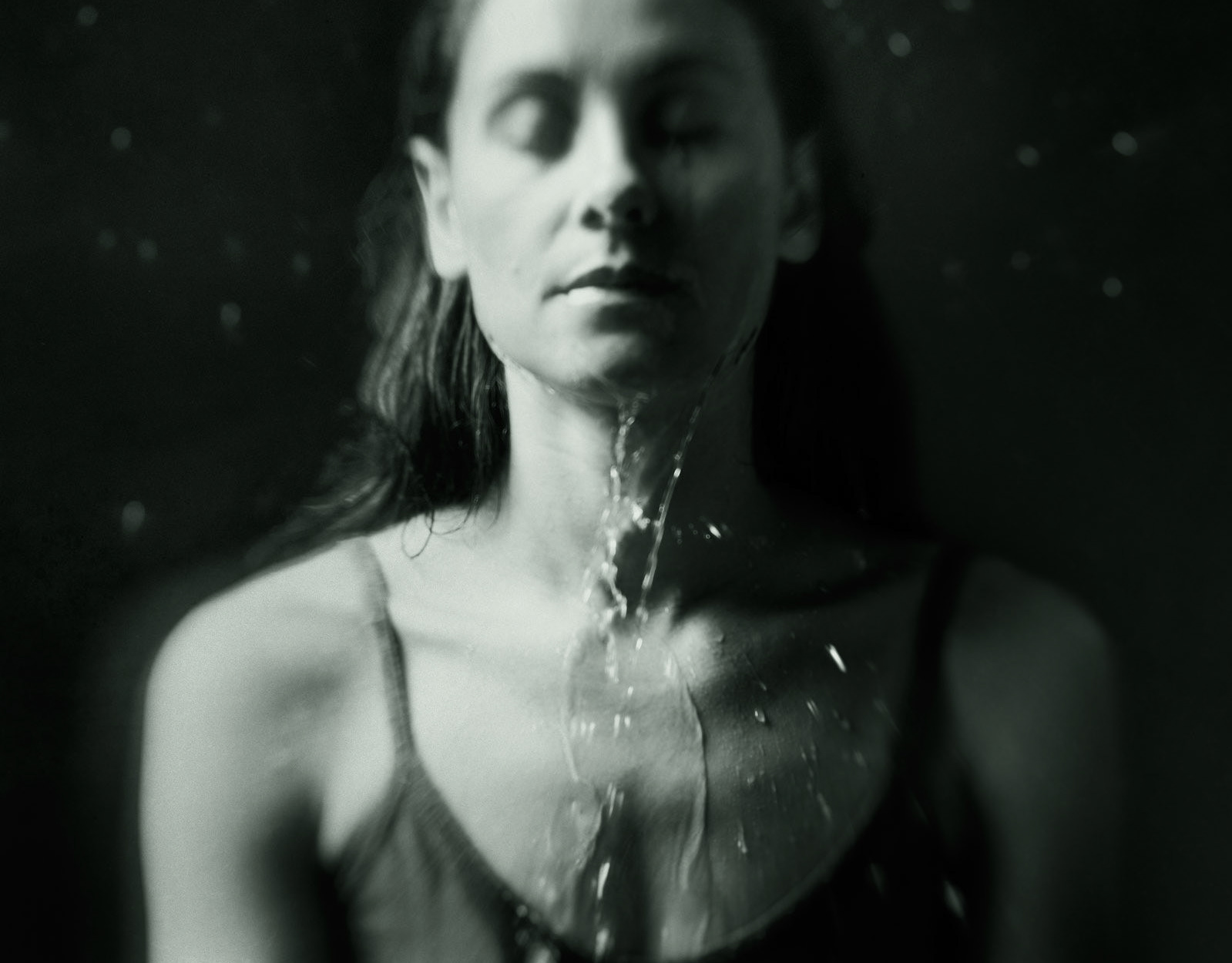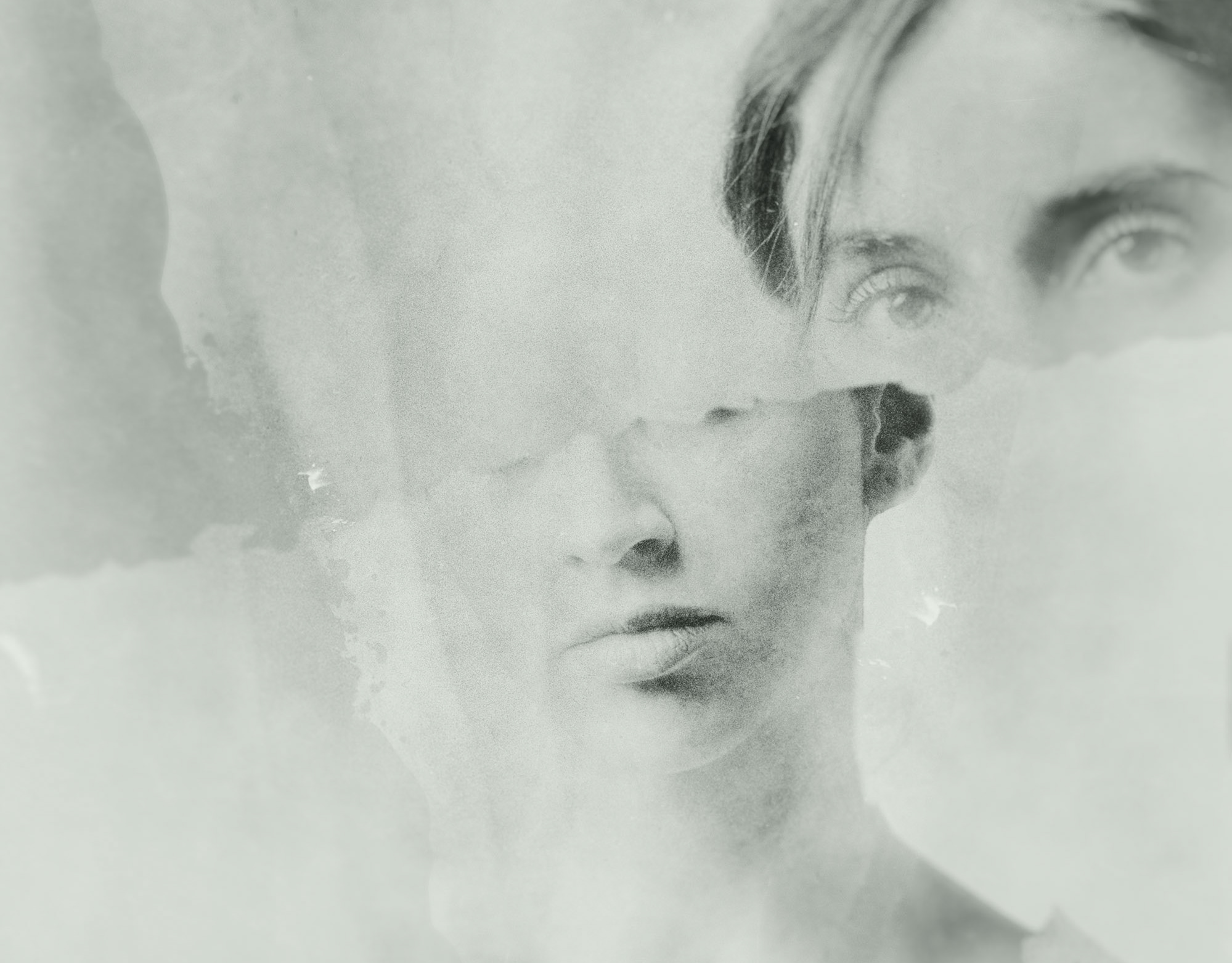When I arrived in Hometown, it was not my hometown. It was a town like so many others I had passed through, paused in, or only heard about in the lazy drift of conversation. I am still not certain why I stopped there and why, once I had stopped, I never left. Perhaps it was an escape. Perhaps it was a promise. Perhaps, in some invisible way, it was both.
It was not a dream that guided me here, though I once allowed myself to say so—after too much quince cider on a late summer afternoon. The plaza was still warm from the day’s sun, and the company was of the generous sort that always believes the good in a story. When I made my confession, they laughed until they cried, as though I had told the finest joke in the world.
No, it was not a dream. It was an adventure. A search. And most of all, a hunger.
I arrived in Hometown with that hunger curling inside me, the kind that gnaws at your ribs but also sharpens your eyes. I spent my first days wandering in search of something that might fill me, though I did not yet know if I meant food or something else entirely.
That was how I found the abandoned house. I had not realised at first that it had been a photographic studio—there was nothing left in its rooms but the brittle scent of dust and the cold echo of departed footsteps. I rummaged through the cupboards and cabinets, finding only a few old portraits. They were not like any I had seen before: grotesque, distorted, faces stretched or swollen until they resembled stone mascarons on the façades of forgotten buildings. I cannot say I liked them, yet their strange features engraved themselves in my mind, the way certain half-remembered faces do in dreams.
I was still hungry when my friend arrived, one week after receiving my over-bright invitation. In the letter I had painted Hometown in colours it did not deserve—gilded streets, abundant meals, evenings warm with company—because I did not wish to trouble him with the truth. I never expected him to come so soon.
It was he who took me to Maribel, the town’s one restaurant with white tablecloths and mirrors that made the room look twice as grand. He paid the bill without a flicker of hesitation and brought out the most exquisite wine later that night. But after so long without a proper meal, my stomach rebelled. I could not take more than a single delighted sip before the weight of the feast turned on me. Out of kindness, he refused to drink alone, though I could see how dearly it cost him.
That night I first met Jacinta—yes, that Jacinta Flor de Loto who the town whispered about for the next couple of years. She was waiting at our table and brought a small glass of grappa to help my stomach. Although the medicine was powerful and bitter like my sin, it didn’t help at all. Jacinta observed me with sad grey eyes as if she wanted to take the pain herself.
I was sorry. Ashamed. Humiliated that my hunger had made me reckless, that I had tried to end it too quickly and on terms not my own. I never saw him again—too proud to invite him back, too unsettled to explain. And so the hunger remained, which in the end was a good thing, for it always kept me moving forward. That’s the finest quality of hunger, I like to think.
I visited Maribel many times after that, since they offered a piece of bread or two even when the order was as simple as a glass of tap water. Jacinta always found a way to bring me something more nourishing. In return, I told her stories from the foreign places I’d been to, which she devoured with hungry eyes, never having ventured beyond the fields surrounding Hometown.
One day in mid-November, someone walked into the studio and asked for a portrait. I told him plainly that I did not take photographs. His eyes wandered to the camera in the corner—an old thing, its bellows patched with scraps of velvet—and though he smiled, he said nothing.
It was the truth: I did not know how to operate the machine, and with no one left in town to teach me, the intricacies of the craft stayed beyond my reach. Anyone with a camera may call themselves a photographer, but I never pretended to be one.
And yet, that autumn, they began to come. Townspeople in their Sunday coats, brides with bouquets still damp from the morning’s dew, children in stiff collars. They would step into the studio, stand against the painted backdrop, look toward me with growing consternation. I would meet their eyes, adjust the light in my head, frame the image in my mind. I would remember the tilt of a chin, the way a shadow curved across a cheek, the colour of their gaze. Then they would smile, shyly, and leave, returning to their daily lives as though they had been seen.
I never took a single photograph—not the ordinary kind. But the portraits stayed with me all the same, preserved in that private, impossible darkroom I carried behind my eyes.
This is one fragment of the Hometown archive. Eighty portraits accompany the cycle.
More to come.
More to come.


